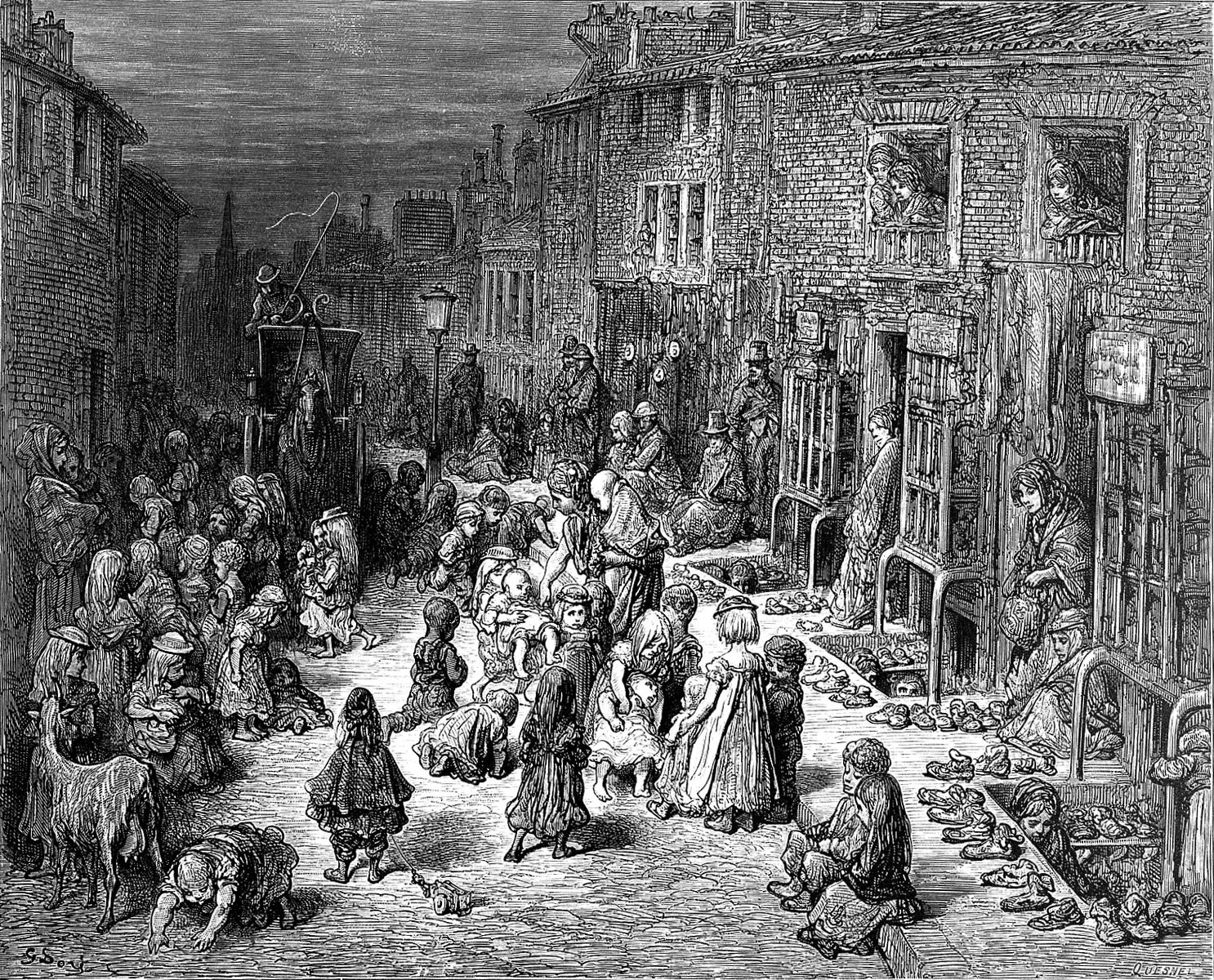 The WordPress spammers are back, purportedly offering praise for these posts but really trying to hawk odd services for obscure software applications, some rife with viruses of the non-Corona variety.
The WordPress spammers are back, purportedly offering praise for these posts but really trying to hawk odd services for obscure software applications, some rife with viruses of the non-Corona variety.
It’s all noisome to me. Today, when someone employs that word, it’s likely to mean something that stinks, literally. Our word once had a broader meaning than the OED’s “Offensive to the sense of smell; foul-smelling,” which itself is a rather old usage, reaching back to the 1600s. Early meanings included things that were simply offensive, even, in an obsolete meaning mentioned in the OED, “Harmful, injurious, noxious.”
You just click some of those spammers’ links. I guarantee they may be harmful to your computer’s continued operations. Noisome!
I ran across our word while reading Peter Ackroyd’s London: The Biography. The author likes the word as much as I do: I’m barely 100 pages in, and I have found three instances. Here’s my favorite:
“London has often been characterised by the noise that is an aspect of its noisomeness.”
If you know London, its noise can indeed rise to the point of being offensive, almost like a terrible smell. New York noise is different, if no less jarring. Ackroyd chose his terms well here. Eventually, like the smell of a foreign city, the noisome noise of London simply becomes part of the background. In 2018, when we left London for Salisbury at Christmas, we were amazed at the quiet of the smaller city, especially at night.
This week’s word needs a bit of a revival. In the broad sense of being annoying, “noisome” could describe many of the daily indignities of modern life.
Please send us words and metaphors useful in academic writing by e-mailing me (jessid -at- richmond -dot- edu) or leaving a comment below.
See all of our Metaphors of the Month here and Words of the Week here.
Image of Dudley Street, London, courtesy of Wikipedia Commons

